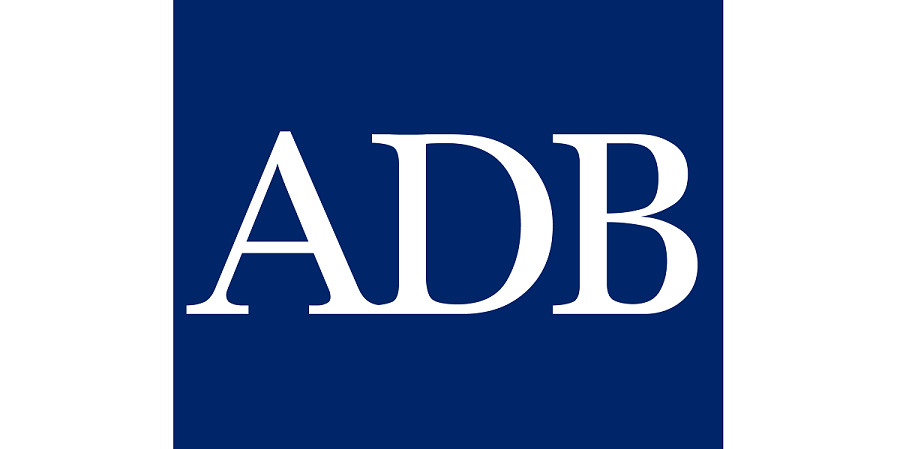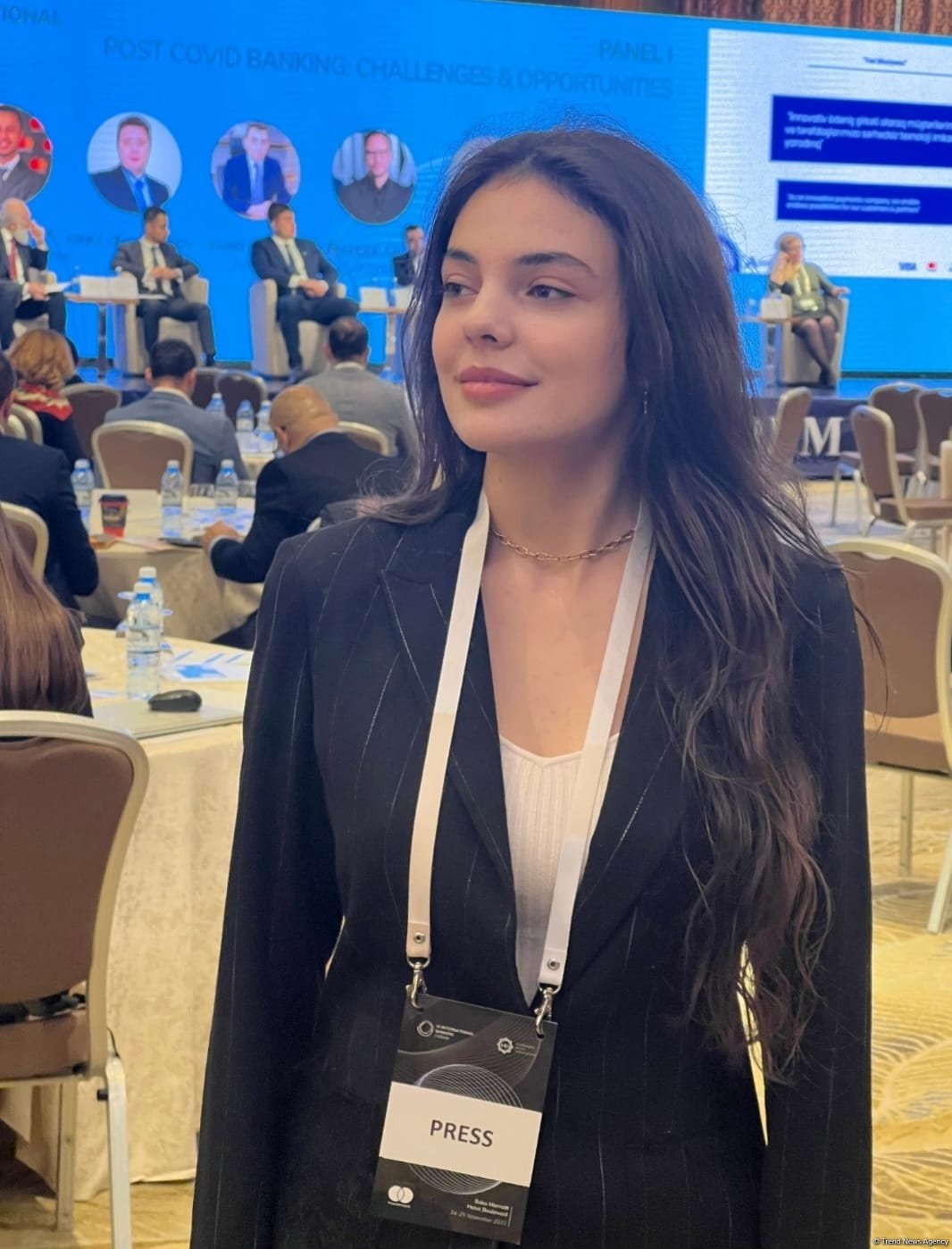BAKU, Azerbaijan, October 4. Türkiye’s Ministry of Transport and Infrastructure has launched an Early Market Engagement (EME) process for two major railway projects — the Eastern Türkiye Middle Corridor Railway Development Project (ETMIC) and the Istanbul North Rail Crossing Project (INRAIL), Trend reports citing the Asian Development Bank (ADB).
The projects are supported by the World Bank and other international financial institutions. ETMIC is valued at about $1.6 billion, while INRAIL is estimated at $8.1 billion, including VAT, contingencies, construction supervision, and project management.
ETMIC focuses on upgrading Türkiye’s Eastern Railway Line along the Divriği–Kars–Georgia border corridor. The project will rehabilitate 587 km of railway, fully electrify 667 km of track, and modernize bridges, tunnels, stations, and safety systems. It also includes the installation of substations, 154 kV transmission lines, advanced signaling and telecommunications, a central dispatching system, and a 320 km distributed acoustic monitoring system. The line will form a key segment of the Middle Corridor, strengthening direct links with Georgia and extending connections to Caspian and Central Asian transport networks.
INRAIL will create a 125 km bypass around Istanbul, using the Yavuz Sultan Selim Bridge to cross the Bosphorus. The line will be electrified and equipped with modern signaling, supporting both passenger and freight services. It will link airports on the European and Asian sides of Istanbul to the national high-speed rail network. Passenger trains will run at speeds up to 160 km/h, while freight trains will operate at 80–120 km/h, boosting integration between air and rail transport and easing mobility across the city.
According to the Ministry, the EME aims to engage with companies on project requirements, gather feedback on evaluation and qualification criteria, define procurement strategies, and explain World Bank tender procedures. The process will also assess market capacity, opportunities, and risks.
The Ministry has invited construction companies to participate in open dialogue and share expertise to support the effective planning and implementation of these infrastructure projects.








